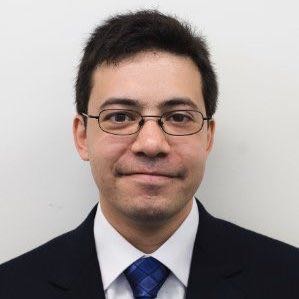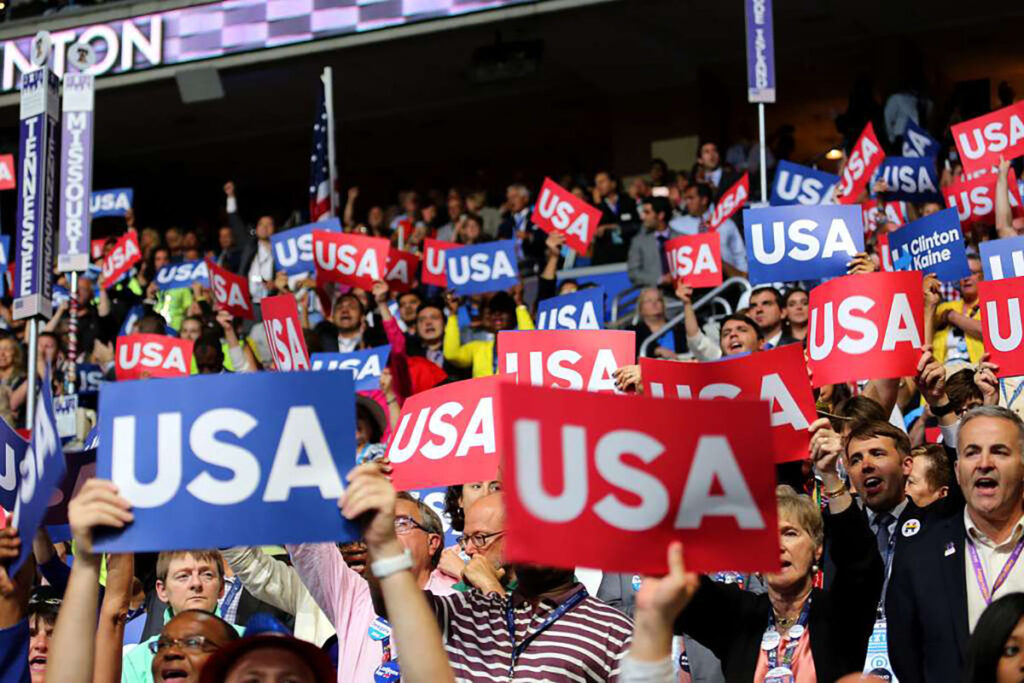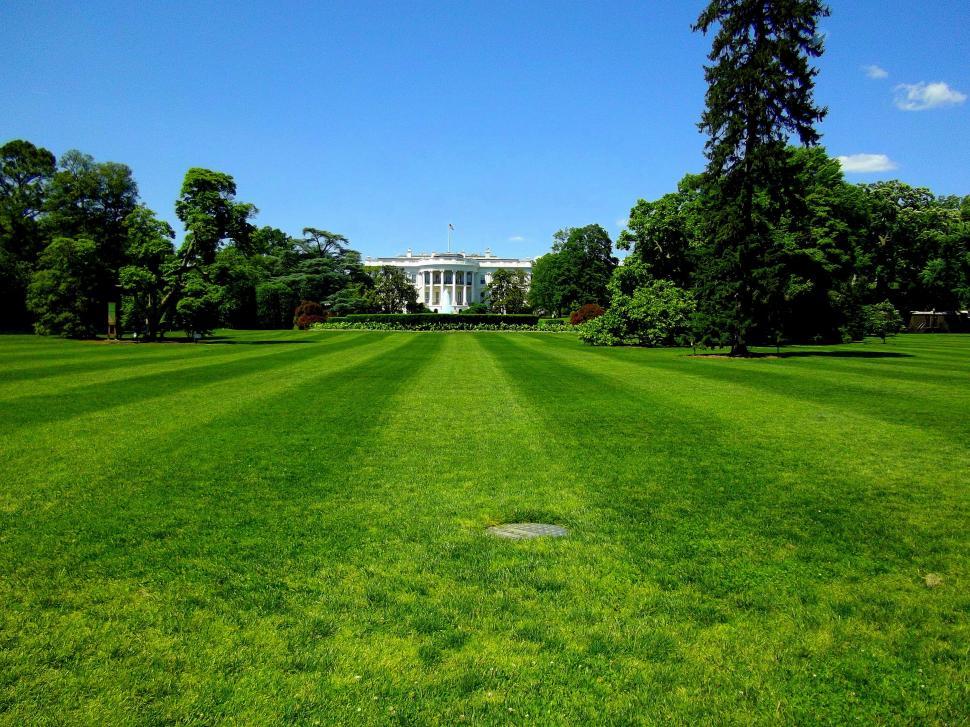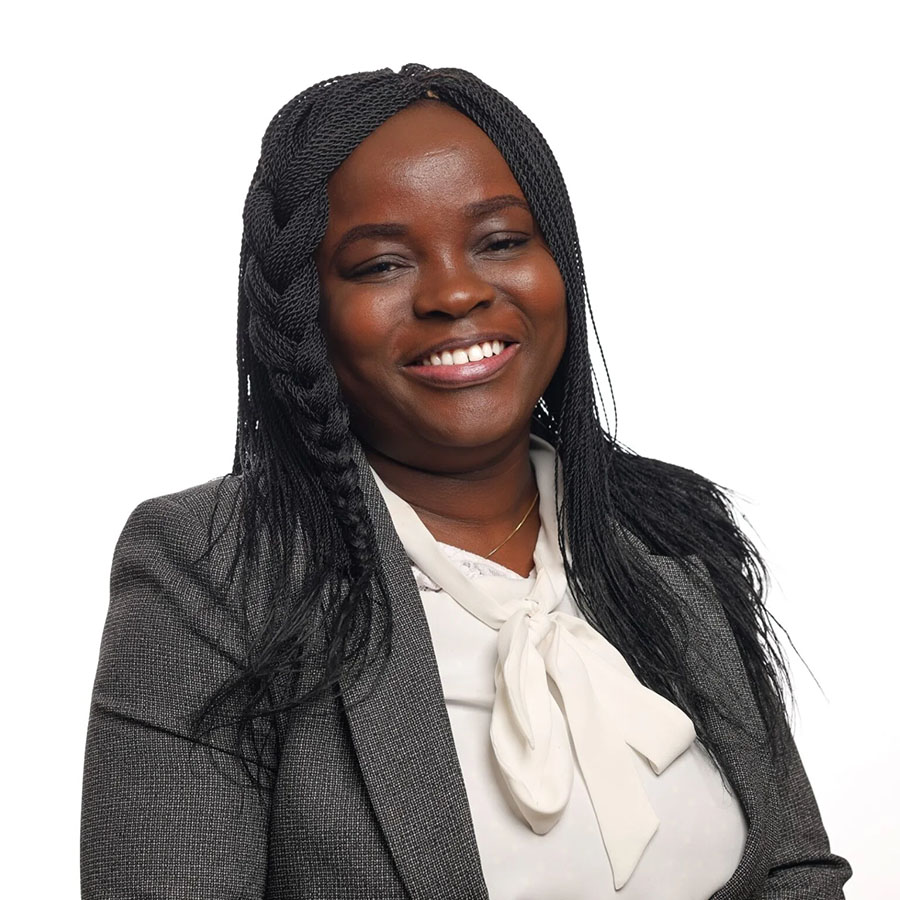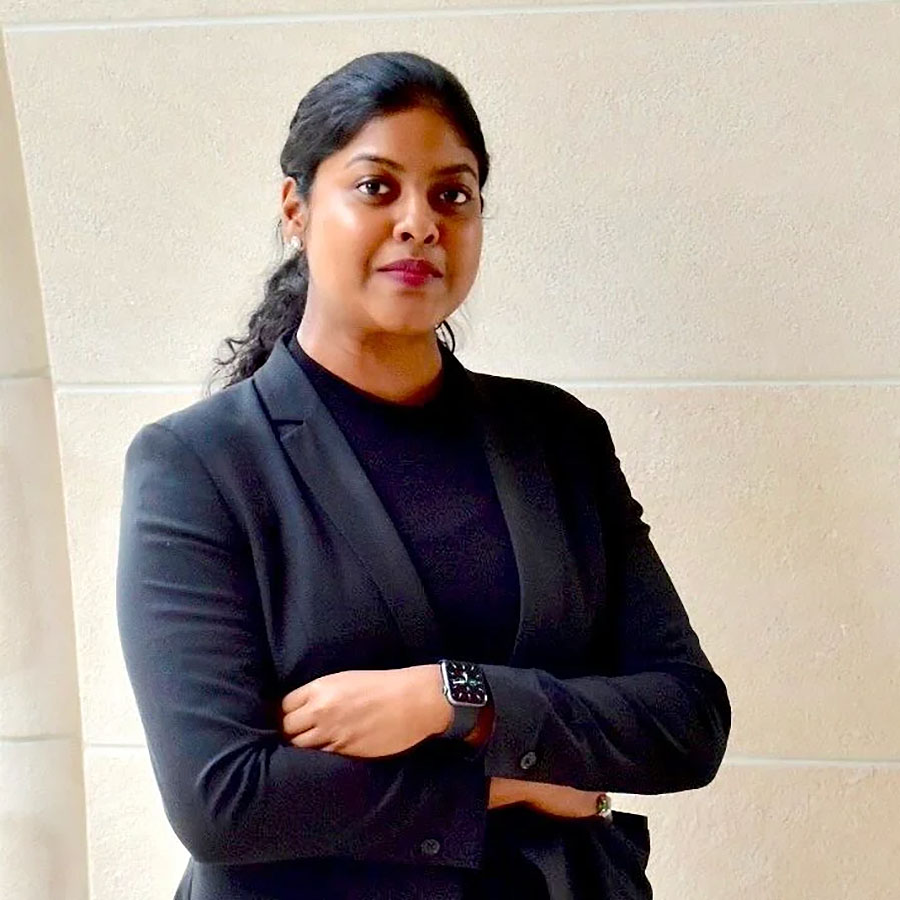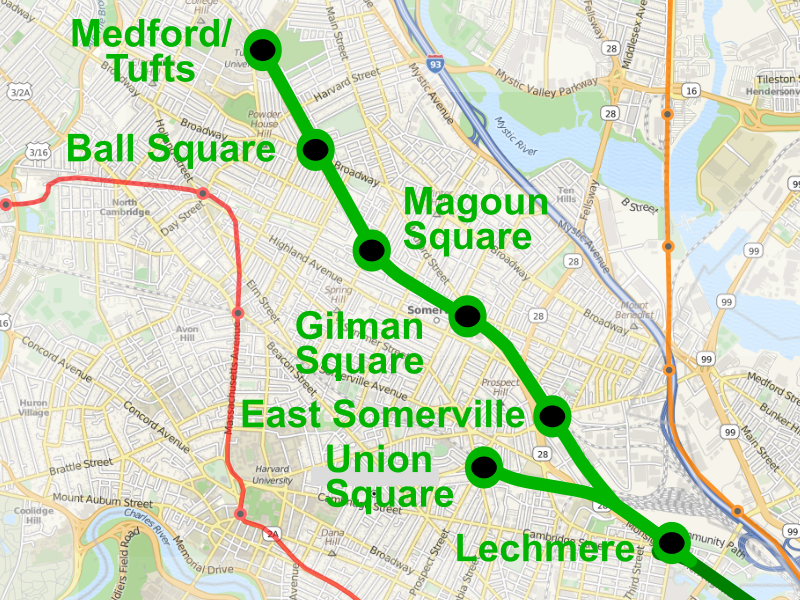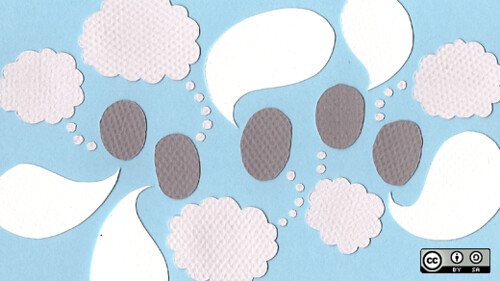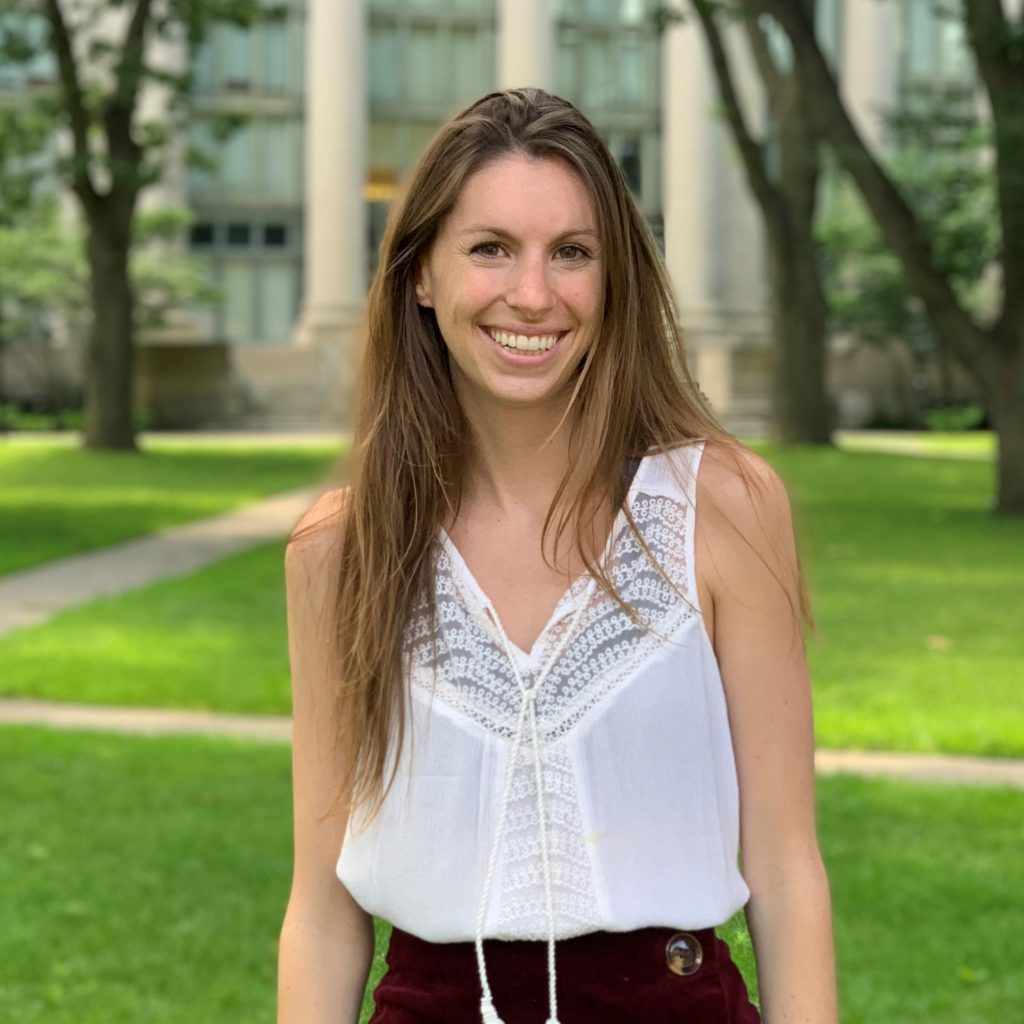I should start by acknowledging that it wasn’t as bad as it sounded. Rudy Giuliani’s infamous claim that “truth isn’t truth” was preceded by an attempt to distinguish “somebody’s version of the truth” from “the truth.” When interviewer Chuck Todd responded that “truth is truth,” Giuliani then stuck his foot in his mouth.
No doubt the statement was interpreted as it was because it fit a larger pattern about our “age of alternative facts,” in which the political right has been accused—since the beginning of this century, at least—of denying objective reality and the possibility of truth. The phrases “merchants of doubt” (describing a concerted effort to muddy scientific claims about climate change) and “the reality-based community” (as distinguished from the policy-makers of the Bush administration) have entered the lexicon, as has the phrase that “reality has a liberal bias.” Within this framing, it’s all too easy to attribute the worst meaning to Giuliani, as part of this right-wing movement.
It was not always thus.
I’m just old enough to remember when it was the academic left that was accused of denying the possibility of truth. Not content to remain on the sidelines of the “science wars,” I went west to get my Ph.D. in the history of science, a discipline that was often perceived as denying the existence of objective reality. The truth of science studies was never quite so grand. Studying the work of science—in the lab, in the classroom, in public; in the journals and conferences where ideas were reviewed and refined and debated—showed that “the truth” wasn’t just out there, waiting passively to be found; it had to be assembled piece by piece, and even then remained subject to further contestation. These studies showed that the theories that we use to make sense of the world influence what we are able to perceive in it. It’s hard to understand what the fuss was about.
These ideas from the world of science studies accord in many respects with some basic premises of alternative dispute resolution: we expect that each party to a dispute comes to the table with a different set of facts and a different narrative of the situation. We recognize the multiplicity of perspectives, we acknowledge that perceptions of the truth often matter more than a coherent, agreed-upon factual accounting of “the truth,” we accept that any given perspective on the truth is not equivalent to “the truth,” and then, if it isn’t important to work through these narratives to get a better handle on the facts (as sometimes it may be), we move forward. What goes unsaid—but perhaps ought to be said—is that the reason we don’t seek out some definitive truth is because doing so is hard, and time-consuming, and expensive. Sometimes it just is not worth the effort.
Why belabor the obvious? Because when we stop at “you have your story and I have mine,” it is all too easy to make the inference that any story is as valid—as true—as another. Which brings us back to Giuliani. In attempting to explain himself, he said “Trump says I didn’t tell them and the other guy says that he did say it. Which is the truth? Maybe you know because you’re a genius.” In a later tweet he added that “Sometimes further inquiry can reveal the truth other times it doesn’t.” The implication is that in this instance there is simply no way of knowing what happened as between two competing stories, that each story has equal weight, and we should give up hope of getting any deeper.
And so we return to considering the work that must be done to ascertain facts, the institutions and processes that give us the possibility of reaching rough agreement on the facts, the culture that believes this is a worthwhile endeavor. Collectively, these provide us with the possibility of producing something like “the truth,” imperfect as it may be. The question raised for me by Giuliani’s statement is whether we continue to have faith in the possibility that thorough investigations by principled and hard-working individuals, following established rules, within institutions consciously designed for these purposes and continually refined, can point us toward a more accurate understanding of the truth—or whether the inevitable existence of gaps in our knowledge and in our practices dooms the entire enterprise. If we reject the possibility that principled investigations can bring us any closer to understanding, must we then fall back on the position that defining truth is purely a function of power?
This should not be read as a claim that there are unproblematic, principled ways of ascertaining the truth, or that we shouldn’t be critical of facts or fact-finding processes. We must continue to be critical. Even in the midst of what one of the grandees of science studies describes as a “war” to regain some authority for science, Bruno Latour insists that we cannot fall back on naïve, idealistic descriptions of scientific method, and that we must continue to make the uncertainties and controversies explicit. So too in the process of divining the truth as amongst competing narratives. We mustn’t shy away from recognizing the ways in which systematic attempts to ascertain the truth of competing narratives can be biased or coercive, even if we insist that such investigations can tell us important things about the nature of our world. We can’t deny the exercise of power in what purport to be reason-based investigations, but neither must we deny the possibility of having principled ways of finding truth solely because power also influences how we do so. When it matters that we get the facts right, we cannot let the practical limitations on our ability to search for truth deter us from doing our best to do so.

